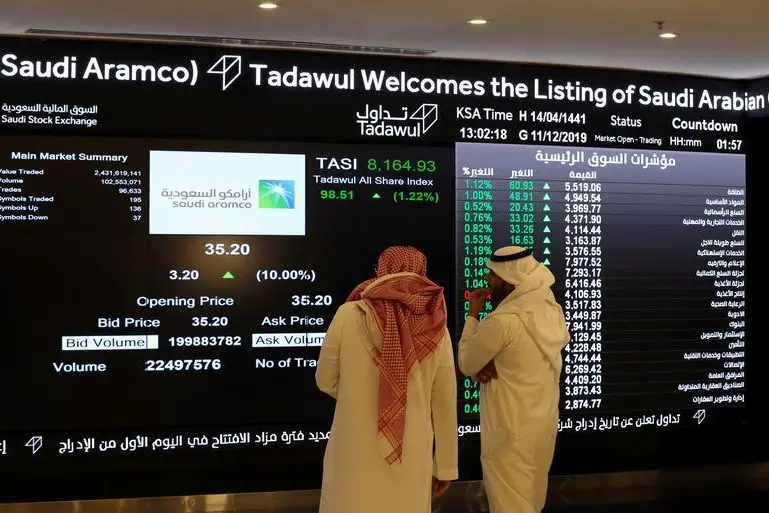PHOTO
SINGAPORE/NEW DELHI - Top oil exporter Saudi Arabia has cut supplies of February-loading crude for some Asian buyer by up to a quarter while meeting requirements of at least four others, several refinery and trade sources with knowledge of the matter said on Wednesday.
This comes after Saudi Arabia pledged additional voluntary output cuts of 1 million barrels per day (bpd) in February and March under a deal between the Organization of the Petroleum Exporting Countries and its allies including Russia, a group known as OPEC+.
Most OPEC+ producers will hold production steady in the face of new coronavirus-induced lockdowns. Global oil prices are trading at their highest since February following Saudi's decision.
Two North Asian refiners have received a 10% supply cut from the state-owned energy giant Saudi Aramco, sources said. February allocations for at least three Indian refiners have been cut between 15% and 26%, the sources said on the condition of anonymity.
Saudi Aramco declined to comment.
Last year, the company cut June-August shipments to Asian term buyers to comply with the OPEC+ agreement.
Saudi Arabia exported about 7 million barrels per day of crude, of which around 70% landed in Asia last year, data on Refinitiv Eikon showed.
While the additional Saudi oil supply cut could help support the spot market this month, Asia's crude consumption is expected to fall amid seasonal refinery maintenance while arbitrage supplies from the West could supplement demand, trading sources said.
Differentials for Middle East benchmarks cash Dubai and DME Oman to Dubai swaps fell by 20 cents from Tuesday, data compiled by Reuters showed, due to weak demand.
Refiners, including India's HPCL-Mittal Energy Ltd (HMEL), Taiwan's Formosa Petrochemical Corp, and Thailand's IRPC Pcl and Bangchak Corp, are heading into maintenance in the first quarter.
Japan's Idemitsu Kosan Co 5019.T has shut a 150,000 barrels-per-day (bpd) crude distillation unit (CDU) following a fire mishap.
(Reporting by Shu Zhang, Nidhi Verma and Florence Tan; Editing by Himani Sarkar, Sherry Jacob-Phillips and Rashmi Aich) ((shu.zhang@thomsonreuters.com; +65-6870-3549; Reuters Messaging: Twitter @shuzhang4))





















